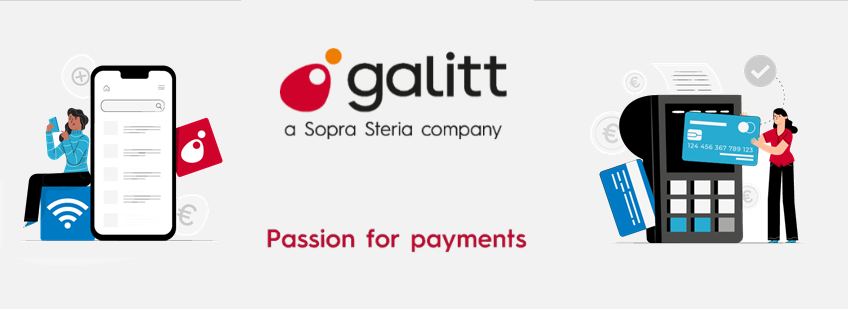Payment insight April 2023

Highlights of the month
STRATEGY - Banks react and create alliances to gain a foothold in payments
- FRANCE - Société Générale works with Lemonway to address the needs of marketplaces
- FRANCE - Crédit Agricole and Worldline want to create a joint venture in payment
- EUROPE - EPI relaunches and announces the acquisition of Payconiq and iDEAL
European banks have long enjoyed a strong foothold in the payments market, which they have seen gradually challenged by various competitors, whether it be Visa and Mastercard, which are taking over the national schemes, or Apple Pay, which is monopolizing the customer relationship. Hence this counter-attack by banks through two distinct strategies. The first is to work hand in hand on the EPI project, which aims to promote an alternative to the card, interoperable in Europe, based on the infrastructure of instant transfer. The second is to establish direct partnerships with payment service providers (PSPs). This will extend its reach, as in the case of Crédit Agricole with Worldline or Société Générale with Lemonway. By the end of 2023, EPI plans to offer a digital wallet for person-to-person payments, which will be deployed in a pilot phase with the first users in France and Germany, before a commercial rollout during 2024. Users will be able to transfer money from one bank account to another in a matter of seconds. This option will be offered in addition to traditional transfers via the customer's banking application or a dedicated EPI application on their mobile. Artisan payments, followed by in-store payments, will be the final stage of the rollout in 2025.
FIGHT AGAINST FRAUD - Security still a key issue that brings identity and payment together
- EUROPE - Altme compliant to manage Europeans' digital identity and store their cryptos
- FRANCE - Cybermalveillance.gouv.fr and Mastercard launch the "Fraud Fight Club
- FRANCE - BNP Paribas partners with Worldline to reduce IBAN fraud
- EUROPE - MiCA: the new European regulation on cryptoassets is adopted
The role of cybersecurity in the digital payments industry has become critical as e-commerce for businesses and consumers explodes. The COVID-19 pandemic has spurred digital payments, but also cyberattacks against e-commerce have increased worldwide: they have quadrupled in the United States (The Hill); in Spain, phishing frauds have increased by 70% (La Vanguardia); in France, more than 80% of organizations have faced a successful cyberattack (Comparitech); and 50% of British companies have suffered cyberattacks (ICEX). But fraud does not stop at e-commerce, according to a BlueSecure study, 2 out of 3 companies will be victims of IBAN fraud in 2021, 25% of which are proven frauds. Whereas individuals were previously targeted, cybercriminals are now targeting organizations. Faced with these challenges, the sector must strengthen its efforts on secure payment methods, such as card tokenization and the 3D Secure protocol, but also through training (and communication) on the risks of fraud. Reflections on the implementation of a digital identity are also underway. Within the framework of this European effervescence, payment and digital identity projects are getting closer and closer.
